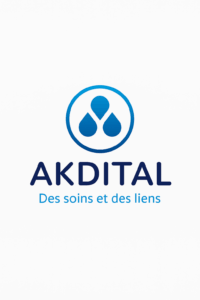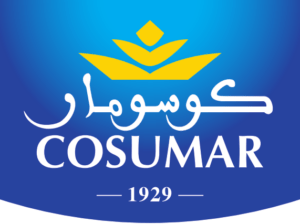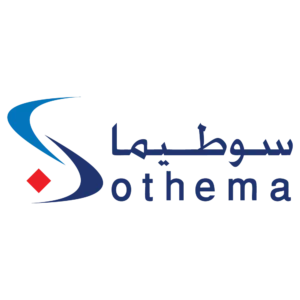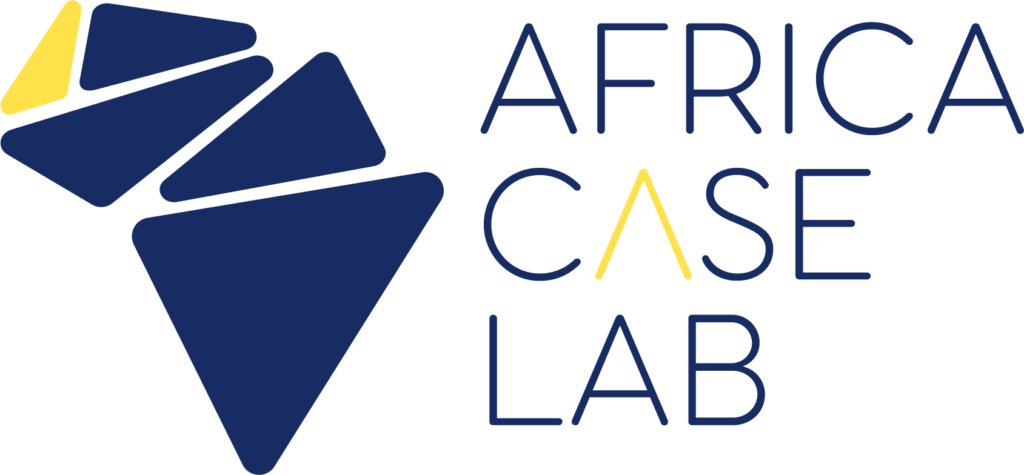
ENG
- Published in The Case Focus Journal
-
Award of Best Case Study - EFMD Case Competition,
The Case Hub, AUB, Case Competition
Home » Case Studies Catalog » Sustainable business model
Introducing a Sustainable Business Model in Morocco
Cas de Biodrive
Authors : Majid El Ghaib & Mark Davis
Synopsis
BioDrive was a start-up founded in 2016. This social enterprise collected and converted used cooking oils into a more efficient, less polluting, and less expensive source of energy for diesel powered vehicles, which is called biodiesel. Biodiesel is a green energy, obtained from a renewable source that burns without residues and with less greenhouse gas emissions than fossil diesel fuel.
The process of recycling used cooking oil not only reduces the harmful effects of pollution related to the improper disposal of these oils, but it also reduces the carbon footprint generated by the fossil fuels that the resulting biodiesel replaces. In addition, it creates economically viable activities that include the collection and transportation of used oils to their transformation into biofuel and ultimately their distribution for use in vehicles.
As a start-up company in the very protected Moroccan petroleum products market with strong barriers to entry, BioDrive was limited in its sales to the B2B market. Unlike Europe and the US, Moroccan laws and regulations were still not completely favorable to the transition to a low-carbon and inclusive economy. Alia Idrissi, a Master’s degree student at ESCA Ecole de Management in Casablanca, received an internship in the summer of 2019 to analyze the market potential for BioDrive’s new biodiesel product. She was also asked to develop a responsible marketing strategy which would be in alignment with the CSR priorities of the three identified customer segments.
Key Concepts / Keywords
Social innovation, social entrepreneurship, sustainability, CSR, responsible marketing, green energy.
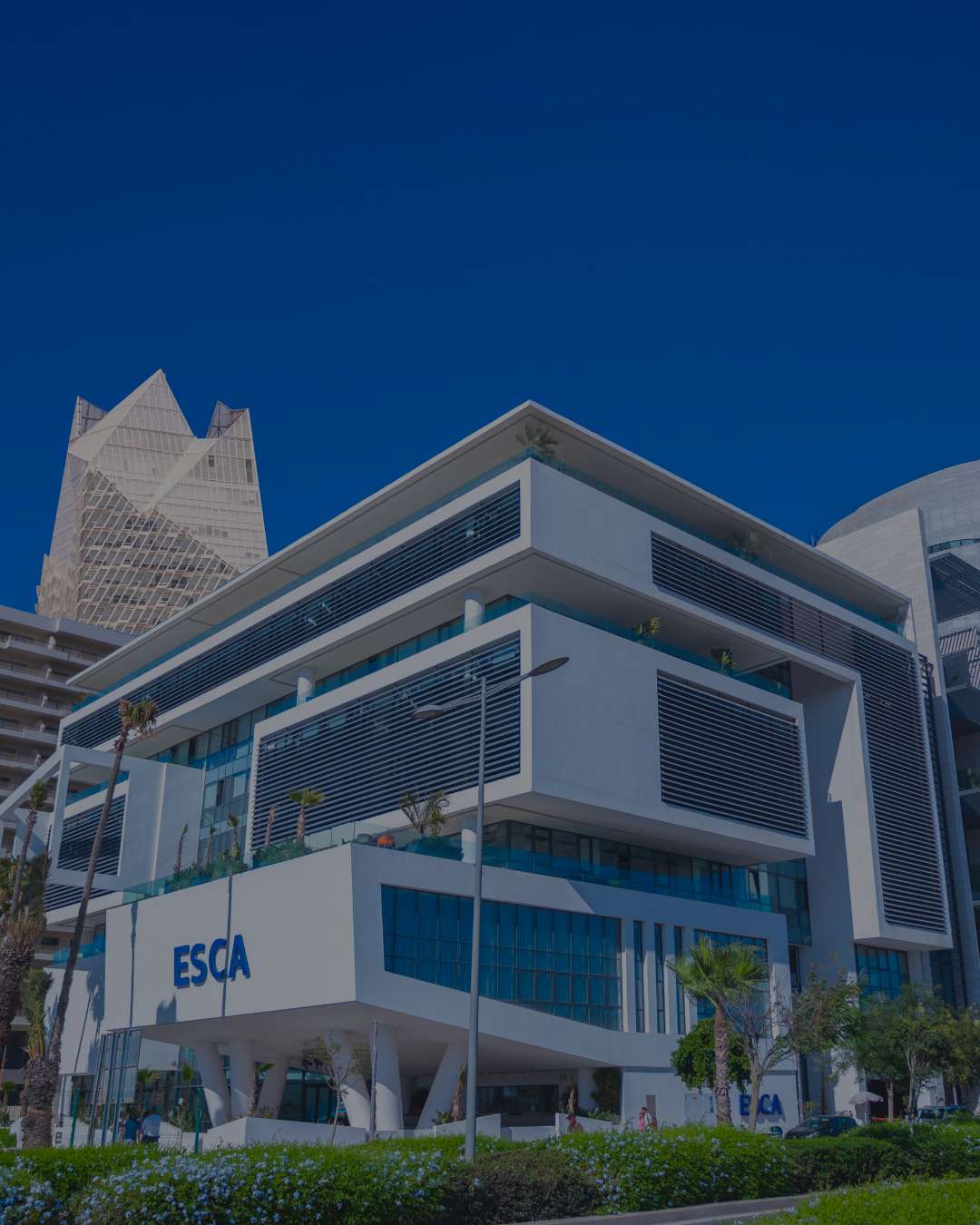
Learning Objectives
After completing this case, students should be able to:
- Understand the business case for sustainability and evaluate what businesses can do, in partnership with social entrepreneurs, to improve and scale their social impact
- Perform a market sizing analysis, understand market positioning and customer segmentation, whilst considering the need to align customers’ CSR priorities with the core competencies of the social startup
- Identify and structure pertinent information presented in the case in order to analyze an existing business model, evaluate its strengths and weaknesses, and make recommendations for improvement
- Perform a SWOT analysis considering the local business environment and competitive landscape, as well as international and national trends towards a low-carbon economy
- Recognize the importance of emphasizing the role of CSR in marketing an ecofriendly product and the benefits derived from doing so
- Propose a marketing mix that is adapted to the startup’s ecofriendly product and to its customers’ CSR priorities (taking into consideration the 4Ps, particularly Pricing and Promotion).
Target Learning Groups
The target learning groups are undergraduate students in business or engineering schools, masters and executive education programs.
The case can be used on the following courses:
- Business in Society (Business Ethics, Sustainability and CSR)
- Social Innovation and Entrepreneurship
- Innovation and Business Models
- Marketing and Communication
Prerequisites
No prerequisites are necessary except for some basic notions in sustainability, entrepreneurship, and marketing.
Case Caracteristics
- Number of pages of the case : 6 pages
- Number of Appendices : 2 pages
- Number of pages of the teaching note : 16 pages
- Other documents : N/A
More cases
Education
Contact Us
67-3 Avenue de l’Aéropostale Casablanca Finance City (CFC) 20250 Casablanca – Maroc
Tél :+212(0) 522 20 91 20
Fax :+212(0) 522 20 91 15
